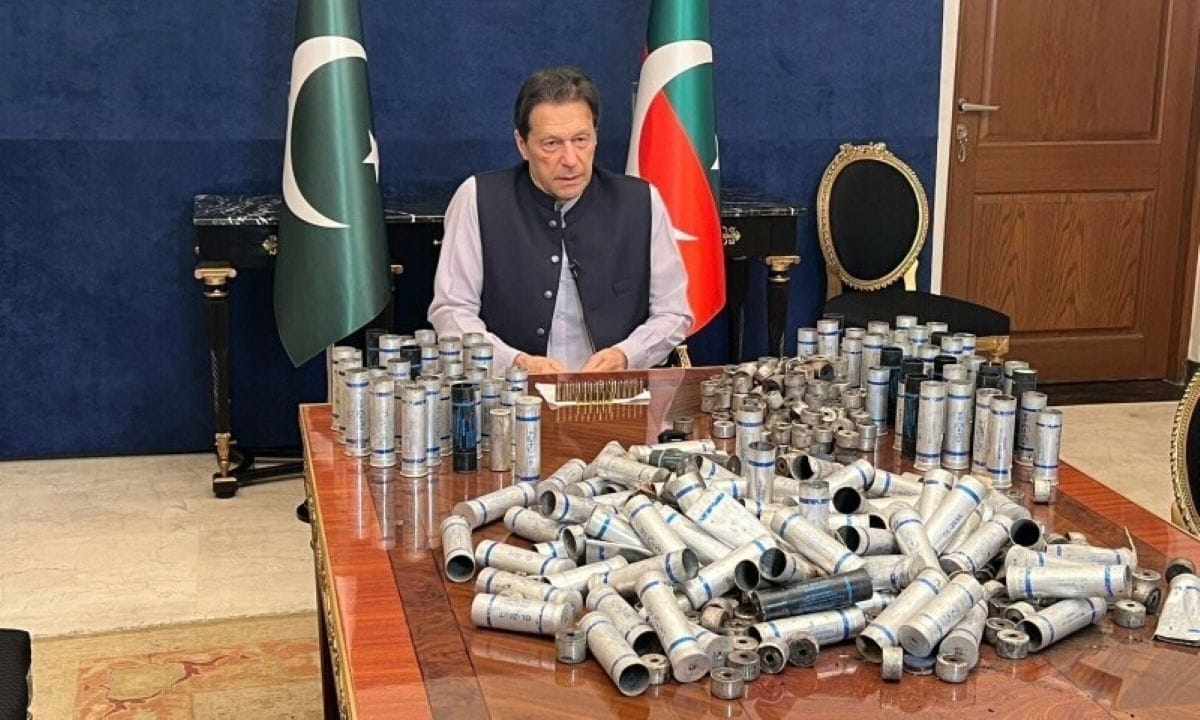The Inter-Services Public Relations (ISPR) announced that military courts have convicted 60 individuals involved in the May 9 incidents, including Imran Khan’s nephew, Hassaan Niazi. Niazi was sentenced to 10 years of rigorous imprisonment for his alleged role in the attack on Jinnah House.
Military Courts and Political Cases:
These convictions mark the conclusion of several trials conducted by the military courts, which have long been criticized for their lack of transparency and impartiality. In Pakistan, military courts are often granted legal protection by a judiciary seen as biased, raising questions about the fairness of such proceedings.
Human rights organizations and media reports suggest that over 20,000 Pakistan Tehreek-e-Insaf (PTI) workers were arrested during the May 9 protests, with dozens reportedly killed. Many PTI leaders faced charges but were released without trial after agreeing to hold press conferences against Imran Khan and pledging to either quit politics or join a military-backed political party.
Imran Khan’s Call for an Independent Inquiry:
Imran Khan demanded the formation of an independent judicial commission to investigate the May 9 incidents through public hearings based on video evidence and witness testimonies. However, this demand was rejected by the judiciary, allegedly under military pressure, further undermining confidence in the judicial process.
Impact on Pakistan-EU Relations:
Pakistan’s trade agreement with the European Union under the GSP Plus scheme prohibits the trial of civilian offenders in military courts. However, the military’s political interference and the role of controversial military courts in the aftermath of May 9 have drawn criticism from the EU, raising concerns of potential trade sanctions against Pakistan.
The May 9 convictions highlight the increasing political interference of the military, a judiciary struggling with allegations of bias, and a deeply flawed justice system. These developments not only expose serious human rights violations within Pakistan but also jeopardize the country’s standing in the international community.
